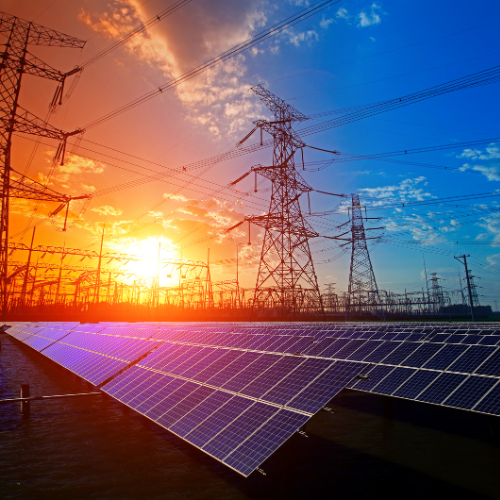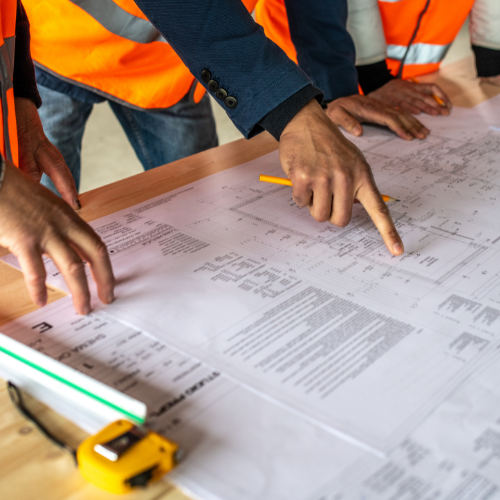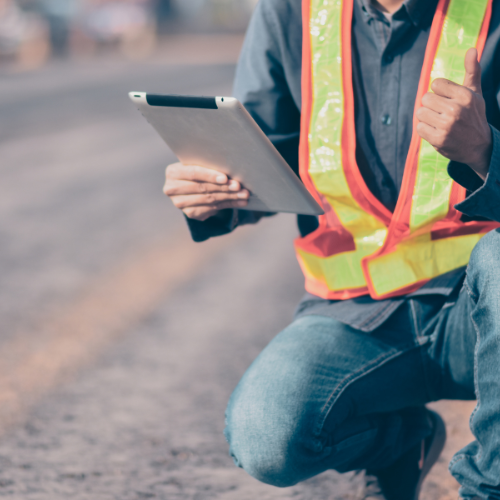
Although solar panels can provide significant financial, environmental, and reputational benefits, they can present various risks and be susceptible to damage from several sources. Therefore, as the popularity of solar panels increases, commercial property owners need to be aware of their benefits and disadvantages to make the best decision for their buildings.
Solar Panels’ Benefits for Commercial Properties
Installing solar panels on commercial rooftops offers several benefits for commercial properties, including:
- Cost savings on electric bills
- Tax incentives
- Reduced carbon emissions
- Improved reputation by demonstrating a commitment to sustainability
- Alternative solution during power grid outages
- Increased property value
The Risks of Rooftop Solar Panels
Although solar panels offer several benefits, there are risks for businesses to consider:
- Fire hazards and the risk of fires that produce toxins
- Susceptibility to weather- and animal-related damage
- Added weight that can have structural implications
- Decreased rooftop walking space, creating fall risks
- Attractive target for theft and vandalism
Mitigating the Risks of Rooftop Solar Panels
As property owners weigh the pros and cons of rooftop solar panels, they should also consider the following measures to mitigate risks associated with them:
- Choose quality materials while considering their combustibility and toxicity.
- Have a professional evaluate the rooftop to ensure it can handle the weight of solar panels.
- Examine insulation materials to determine if they present additional fire risks.
- Hire certified installers to help ensure the systems are installed according to the manufacturer’s instructions and any applicable codes or regulations.
- Ensure the solar panels’ inverter is placed correctly in a structurally sound, dry area away from combustible materials.
- Have certified technicians conduct regular inspections and maintenance to help identify and remediate issues before they become more significant.
- Take protective measures, including removing overhanging trees; installing animal guards, an arc fault detection device and security systems, ensuring enough space is available to walk around them and informing technicians about their presence; and selecting solar panels rated to withstand the severe weather or seismic risks common to the area.
- Utilize fire alarms and suppression systems that can provide alerts for fires and extinguish or slow them if they emerge. There should also be sufficient roof access for firefighters, a fire risk assessment should be conducted, and an emergency action plan should be in place to swiftly respond to fires and toxic fumes.
Additionally, businesses should work with a licensed insurance professional to review their insurance coverage and ensure their policies cover solar panels and their associated risks
Contact us to see how you could minimize risk:

4 Major Construction Hazards
Construction workers face many risks, but falls, struck-by, caught-in/between hazards, and electrocutions are the leading

CVSA Announces 2025 Roadcheck Focus
CVSA’s 2025 International Roadcheck is set for May 13-15, focusing on CMV and driver safety

Employee Spotlight: Luke Billman
Please join us in welcoming Luke Billman to the Seubert Team! Luke joins Seubert’s Commercial
